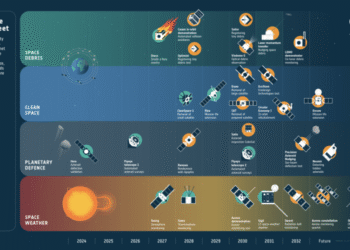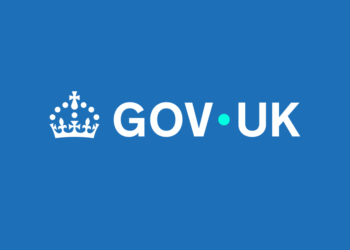The Japan Aerospace Exploration Agency (JAXA) has announced an overhaul of its venture support program to enhance assistance for aerospace startups, signaling a renewed push to accelerate commercialization and private-sector innovation across Japan’s space industry. The update, posted on August 28, 2025, outlines a reinforced framework aimed at improving access to resources and collaboration pathways for early-stage and growth-stage companies. An official English summary has not been published; the announcement is currently available in Japanese.
What’s changing
While detailed terms remain in the Japanese release, the revision is positioned to strengthen startup-facing support. Based on the stated objective, stakeholders can expect emphasis on:
- Streamlined engagement with JAXA programs to reduce friction for startups entering co-development or validation tracks.
- Expanded pathways to facilities, testbeds, and data, potentially improving access to labs, ground stations, and environmental test infrastructure.
- Clearer rules around intellectual property and licensing to speed technology transfer and joint development.
- Improved industry collaboration, including avenues for procurement pilots and demonstrations addressing agency needs.
- Closer alignment with investors and regional partners to help startups navigate funding and scale-up milestones.
Why it matters
Japan’s private space sector continues to diversify across launch services, small satellites, robotics, in-space services, and advanced aviation technologies. A stronger support system from JAXA can reduce development risk, shorten time-to-orbit for hardware ventures, and unlock new commercial use cases for space data. The refresh also dovetails with broader national goals to grow a resilient industrial base and enhance competitiveness in the global space economy.
Context
JAXA has progressively expanded its co-creation approach with the private sector in recent years, encouraging joint research, technology validation, and commercialization. The revised program appears to build on that foundation by clarifying the on-ramps for startups and refining how public capabilities interface with private development cycles. In particular, smoother access to technical assets and standardized collaboration terms can help young companies bridge the gap from prototype to flight-ready systems.
Potential impact by segment
- Launch and space transportation: More structured engagement for subsystem testing and qualification could benefit propulsion, avionics, and structures suppliers.
- Satellites and payloads: Access to environmental test services and mission data may accelerate constellation and sensor deployments.
- In-space services: Rendezvous, servicing, and debris-related technologies may find clearer pilot opportunities.
- Space data and analytics: Startups leveraging Earth observation outputs could gain better data access pathways and joint-use frameworks.
- Aeronautics and advanced flight: Dual-use materials, autonomy, and high-speed flight concepts may benefit from refined collaboration channels.
What to watch next
- Publication of detailed participation criteria, timelines, and evaluation processes in English.
- Updates on access to specific JAXA facilities and datasets, including any new fee structures or priority windows for startups.
- Information on pilot procurement, demonstration missions, or challenge programs linked to agency needs.
- Any dedicated tracks for university spinouts and small and medium-sized enterprises (SMEs).
- International collaboration components that enable cross-border partnerships and market entry.
Outlook
The revision underscores JAXA’s role as a catalyst for commercialization at a time when supply chains, capital formation, and mission timelines are converging. Clearer interfaces with public infrastructure and policy can lower barriers for first-time flight, reduce non-recurring engineering costs, and support scale-up. For founders and investors, the next set of documents—particularly around application procedures, IP, safety, and flight-readiness thresholds—will help determine the program’s practical value.
JAXA’s press release (Japanese) can be accessed here: JAXA Revises Venture Support Program to Strengthen Support for Aerospace Startups.






















